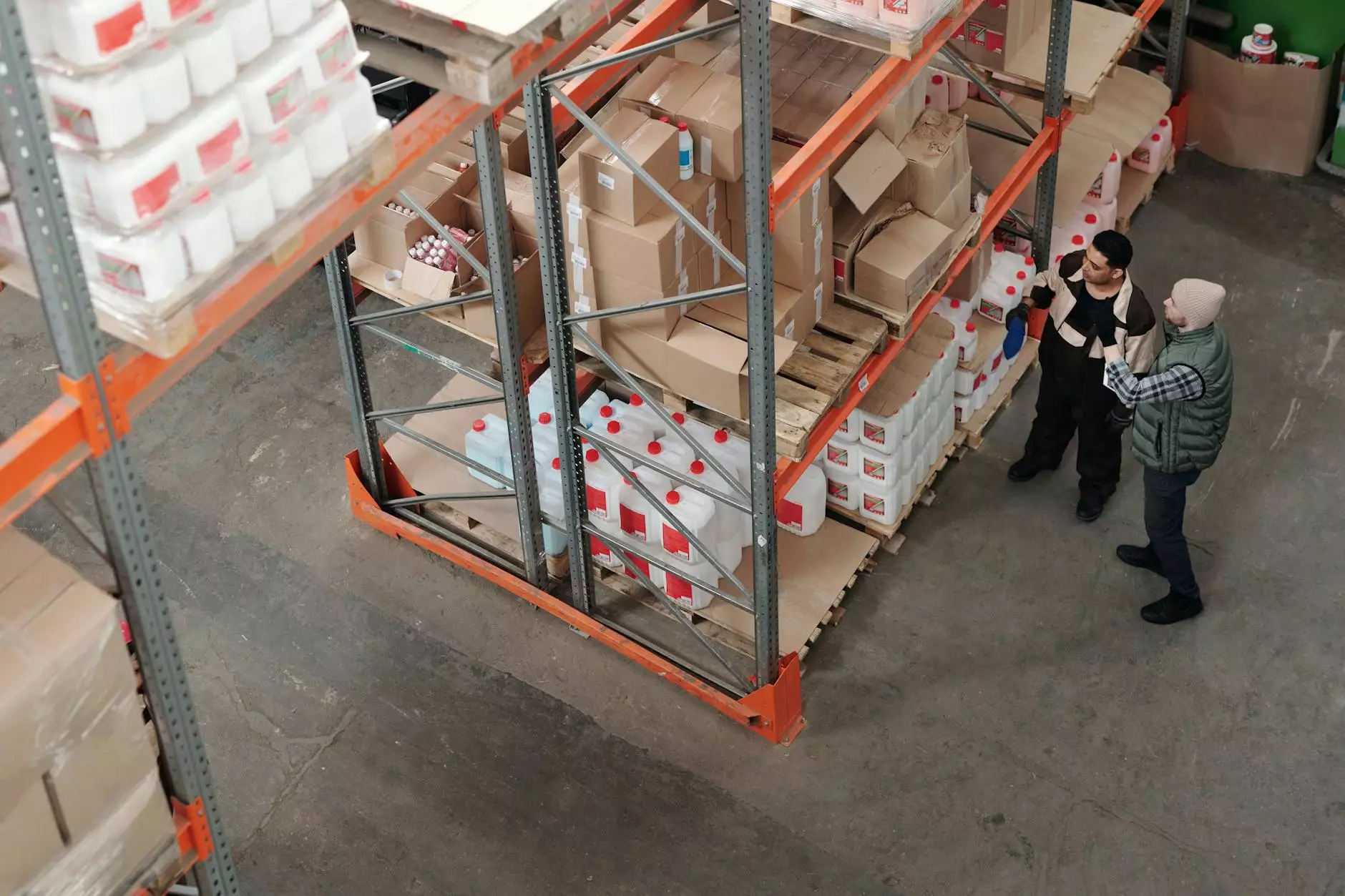Understanding the Cost of Pectus Excavatum Surgery: A Complete Guide for Patients and Families

Pectus excavatum, often referred to as sunken chest syndrome, is a congenital chest wall deformity characterized by a concave depression of the sternum and costal cartilages. While primarily a physical appearance concern, severe cases can impact respiratory function and cardiovascular health. Modern surgical techniques have revolutionized treatment options, offering patients a chance to restore normal chest anatomy and improve quality of life.
However, one of the most pressing questions for individuals considering pectus excavatum surgery is "how much does pectus excavatum surgery cost?". This article thoroughly unpacks the various factors that influence surgery costs, dispels common misconceptions, and provides detailed guidance on navigating expenses effectively. Whether you're exploring treatment options for yourself or a loved one, understanding the financial aspect is crucial for informed decision-making.
What Is Pectus Excavatum Surgery and Why Is It Necessary?
Pectus excavatum surgery aims to correct the deformity of the chest wall, primarily for aesthetic enhancement and respiratory or cardiac function improvement in severe cases. The most common surgical procedures include:
- Nuss Procedure: A minimally invasive technique involving the insertion of a metal bar beneath the sternum to elevate the depressed chest wall.
- Ravitch Procedure: An open surgery that involves resecting abnormal cartilage and repositioning the sternum for a permanent correction.
The choice of procedure depends on the severity of deformity, patient age, overall health, and surgeon expertise. Both techniques have high success rates and can significantly boost self-confidence and overall well-being.
Factors Affecting the Cost of Pectus Excavatum Surgery
Understanding the many variables influencing the price of pectus excavatum surgery is essential for planning and budgeting. Below are the key factors that determine the overall cost:
1. Geographical Location of the Medical Facility
Healthcare costs vary widely depending on the country, state, or city. For example, surgical procedures in urban centers or regions with a high cost of living tend to be more expensive due to higher operational and staffing costs. Patients in the United States may encounter different pricing levels compared to clinics in Europe, Asia, or Latin America.
2. Surgeon Expertise and Accreditation
Highly experienced surgeons with specialized training in thoracic and orthopedic surgery typically charge higher fees. However, their expertise translates into better outcomes, fewer complications, and enhanced safety. Accreditation by reputable medical boards also influences cost, reflecting quality assurance.
3. Type of Surgical Technique
The Nuss procedure, being minimally invasive, generally incurs lower operative and hospital costs compared to the Ravitch approach, which is more invasive and may require longer anesthesia and hospitalization.
4. Hospital or Surgical Center Facilities
The choice between outpatient clinics and hospital-based surgeries impacts costs. Hospitals with advanced facilities, state-of-the-art equipment, and specialized pediatric/teen wards often charge more due to higher overheads, but they also provide enhanced safety and comprehensive care.
5. Anesthesia and Preoperative Assessments
General anesthesia is required for pectus excavatum surgery, and its associated costs depend on anesthesiologist expertise and duration of anesthesia. Preoperative evaluations, including imaging, lab tests, and consultations, also add to the overall expense.
6. Postoperative Care and Follow-Up
Postoperative monitoring, pain management, physical therapy, and follow-up appointments are typical costs that, depending on the complexity of the case, can influence the total price.
7. Insurance Coverage and Financial Assistance
Some insurance plans may cover parts of the procedure if deemed medically necessary, significantly reducing out-of-pocket expenses. It is essential to verify coverage details and work with your provider to understand benefits, exclusions, and claim procedures.
Estimated Cost Range for Pectus Excavatum Surgery
Based on comprehensive data from leading medical centers, the typical pectus excavatum surgery cost in various regions is as follows:
- United States: $40,000 to $80,000 USD
- Canada: CAD 35,000 to CAD 75,000
- United Kingdom: £30,000 to £60,000
- Australia: AUD 50,000 to AUD 90,000
- India: $10,000 to $25,000 USD (more affordable options with high-quality care)
- European countries: €30,000 to €70,000
It's important to note that these figures often include hospital charges, surgeon fees, anesthesia, and postoperative care, but may exclude incidental expenses such as medications or additional therapy.
Is the Cost of Pectus Excavatum Surgery Justified?
Many patients and families question whether the expense is justified, especially when considering the high costs associated with surgery. The answer lies in understanding the long-term benefits and improved quality of life:
- Enhanced Physical Health: Restored chest wall structure can improve respiratory and cardiac functions, especially in severe cases.
- Psychological Well-being: Correcting physical appearance significantly boosts self-confidence, reduces social anxiety, and improves mental health.
- Reduced Future Medical Costs: Addressing the deformity early can prevent complications and reduce the need for future interventions.
While the upfront costs can seem significant, the long-term health and psychological improvements often make the investment worthwhile. Many patients find that their newfound confidence and physical ease more than compensate for the expense.
How to Make Pectus Excavatum Surgery More Affordable
If cost is a concern, there are several strategies to make the procedure more accessible:
1. Explore Medical Tourism Options
Countries like India, Turkey, and Mexico offer high-quality surgical care at a fraction of the price compared to Western countries. Many centers accredited by international health agencies ensure safety and excellent outcomes.
2. Insurance and Payment Plans
Investigate whether your insurance policy covers the procedure and what documentation is required. Some clinics offer flexible payment plans or financing options to distribute costs over time.
3. Seek Consultation at Reputable Medical Centers
Schedule consultations with experienced surgeons at facilities like elclinics.com. They can provide comprehensive quotes, personalized assessments, and guidance on affordable options.
4. Look for Non-profit or Charitable Programs
Some organizations offer financial assistance or subsidized surgeries for eligible patients. Research local support programs or national foundations dedicated to congenital deformities.
Choosing the Right Medical Provider for Your Pectus Excavatum Surgery
Beyond cost considerations, ensuring you select a qualified and experienced surgeon is vital for safety and optimal results. When evaluating potential providers, consider:
- Surgeon certification and specialization in thoracic surgery
- Patient reviews and success stories
- Hospital accreditation and facilities
- Availability of preoperative counseling and postoperative support
- Transparency in pricing and comprehensive quotes
Postoperative Expectations and Long-Term Outcomes
After pectus excavatum surgery, patients can expect:
- Gradual improvement in chest appearance within weeks to months
- Relief from breathing difficulties in severe cases
- Reduction in chest pain and discomfort
- Enhanced self-esteem and body image
- Limited scarring, especially with minimally invasive techniques
Long-term follow-up care ensures the durability of correction, addresses any complications promptly, and supports overall recovery.
Final Thoughts on the Cost of Pectus Excavatum Surgery
While the question "how much does pectus excavatum surgery cost?" varies depending on multiple factors, understanding the variables involved allows patients to plan effectively. The decision to proceed should weigh the costs against the significant benefits of improved health and self-confidence.
With advancements in surgical techniques, rising standards in patient care, and increasing availability of specialized centers, many individuals now have access to effective and safe correction options at a range of prices. Thorough consultation with qualified specialists, exploration of financial assistance, and choosing reputable clinics like elclinics.com can facilitate an affordable and successful treatment journey.
Take Action Today
If you or your loved one are considering pectus excavatum surgery, do not hesitate to reach out for expert advice. Comprehensive assessments, transparent quotes, and personalized treatment plans are available to help you achieve the best outcomes. Remember, investing in health today paves the way for a healthier, more confident tomorrow.









